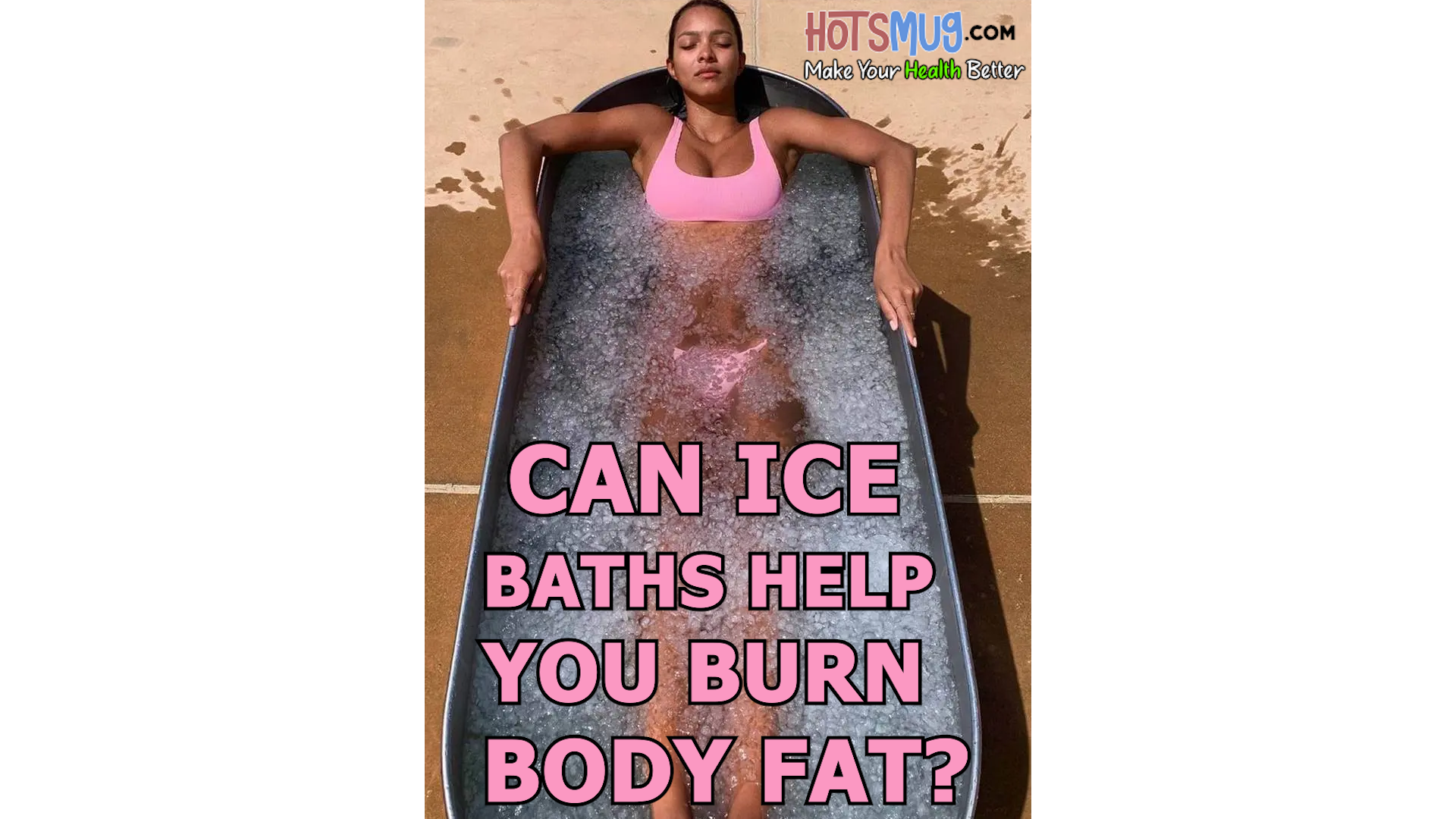With so much new information online, cold water therapy has had its fair share of questions and controversies. In recent times, one of the most searched topics on Google regarding cold therapy is: do ice baths burn fat?
The short answer to that question is YES, cold water therapy does help with weight loss, but there’s more to it than a simple yes.
What Exactly Is Cold Therapy?
To understand how cold therapy works, we must first know what it means. Cold water therapy is the practice of immersing parts of the body or your full body into freezing water. The practice isn’t a new phenomenon; it has existed for millennia and has been used to treat muscle fatigue among other health ailments.
The evolution of technology has, however, made several improvements and modifications to the practice of cold therapy.
What Are the General Benefits of Cold Water Therapy?
With the evolution of cold water therapy, more research has come to light, and it shows that cold therapy is an effective remedy to some chronic diseases and the general well-being of a patient.
Cold water therapy works wonders as an anti-inflammatory and pain reliever. Taking a cold plunge can reduce inflammation and numb muscle soreness, making your post-workout routine less painful while also significantly reducing your recovery time.
Other benefits of cold water therapy include increasing your body’s positive immune response and parasympathetic nervous system stimulation. Ice baths can also be applied as non-pharmaceutical support for patients battling depression, stress, and abnormal mood swings.
Lead author Dr. James Mercer, a professor at UIT – The Arctic University of Norway, said that several types of beneficial effects have previously been proposed for cold water exposure, such as:
- Boosting the immune system
- Giving a natural high
- Improving circulation
- Increasing libido
- Burning calories
- Reducing stress
- Making new friends
- Relieving depression
- Jump starting the metabolism
- Improving cardiovascular health
- Reducing pain and inflammation
“Our investigation shows that there is increasing evidence that many of these suggestions may be correct,” said Mercer, “especially regarding the potential preventative health effects on the immune system, potential prophylactic effects on the cardiovascular system, prophylaxis against insulin resistance, and improved insulin sensitivity and mental health.”
However, he noted that the speculated effects of giving a natural high, increasing libido, and reducing depression don’t appear to be supported by the evidence.
What can we learn from this study?
Dr. Chris Minson, who is an expert in exercise physiology, women’s health, heart health, and thermoregulation at the University of Oregon as well as a member of the American Physiological Society, noted that one of the key things we should take away from this review is that we still don’t know enough about what the potential health benefits of cold water exposure are.
However, he noted that some of the stronger evidence revealed by the study suggests that cold water exposure seems to aid in blood sugar regulation.
“This is through improvements in the way that insulin works in our body,” he explained, “and it has real potential for helping to improve the risk of diabetes, and thereby may also improve cardiovascular health.”
Minson further noted that there is more limited evidence that repetitive exposure to cold water might reduce the amount of unhealthy body fat, maybe by changing it to be more like the healthy, more metabolically active brown adipose tissue.
As to how this might happen, Minson explained that cold water exposure creates stress on our physiology in much the same way that exercise does.
“If these stresses are repeated over time, and we are able to recover and adapt to the stresses, our physiology will be more resilient,” said Minson, “and we may have lower levels of background inflammation (which occurs when we are sedentary, eating poorly, or have excess body fat).”
How to get started with cold water exposure
If you find the idea of cold water exposure to be intriguing, Mercer said his best advice is first to be aware of the possible negative effects and then to start gradually, maybe with other people who are already experienced with it. He also suggests reading up on the topic.
Minson noted that cold water exposure is not easy, and many people will not like it. He suggests that a cold-shower challenge is a good way to see how well you can handle it before diving in deeper.
“For one week, during your daily shower, decrease the water temperature as low as it will go with still decent water flow for 15 seconds. Stay under the water, including your head and neck and as much of your body as possible. Then turn the water up again to warm yourself,” he explained.
Then, start increasing your time under the cold water by 15-second increments each week for a total of four weeks.
Minson said that you should check in with yourself after each shower to see how you are feeling over the next few hours.
“People are often in a better mood and seem to have more energy. Others may hate it and not be happy. But this is a good test to see if you may like cold exposures,” he said.
Minson further advised that it’s a good idea to speak with a healthcare professional before you begin, especially if you have heart disease or have had a heart attack.
“If a person is generally healthy and somewhat active,” he said, “it is as safe to try this as it is to start an exercise program.”




